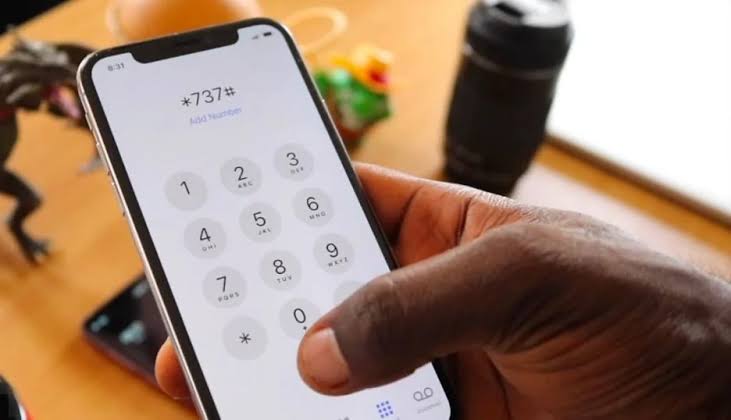In a dramatic turnaround that underscores the power of cross-sector collaboration, Nigerian banks and regulators have averted a major disruption in essential banking services linked to USSD technology, a lifeline for millions of users across the country.
Despite a looming N160 billion debt owed to telecommunications companies, the nine banks previously slated for disconnection have made significant strides in their repayment efforts, ensuring uninterrupted access to USSD services.
The crisis was set in motion when the Nigerian Communications Commission (NCC) issued a warning on January 15 that nine banks would lose USSD access by January 27 due to unpaid dues accumulated since 2019. This directive threatened to cut off many Nigerians from critical financial transactions, highlighting the heavy reliance on USSD as a primary payment gateway.
However, a swift and coordinated response by the banks, coupled with proactive intervention from key regulatory bodies, has averted the potential service breakdown.
The chairman of the Association of Licensed Telecommunications Operators of Nigeria (ALTON), Gbenga Adebayo confirmed the resolution of the dispute, at a stakeholders’ meeting over the weekend. Adebayo stated that, ‘the matter has been de-escalated. Money has been paid, and we are making progress thanks to the regulators.’
The resolution was further cemented by the CEO of MTN Nigeria, Karl Toriola, who credited the Central Bank of Nigeria (CBN) and the NCC for their decisive roles in diffusing the tension. “The USSD debt issue is resolved, thanks to the masterstroke by both the Central Bank of Nigeria and NCC,” Toriola remarked, pointing to a breakthrough in negotiations that has reassured both consumers and industry stakeholders.
Recent reports, including a January 28 update from BusinessDay, indicate that five of the nine banks had made payments ahead of the January 27 deadline. This proactive approach has prevented the disconnection of banks such as Fidelity Bank Plc, First City Monument Bank, Jaiz Bank Plc, Polaris Bank Limited, Sterling Bank Limited, United Bank for Africa Plc, Unity Bank Plc, Wema Bank Plc, and Zenith Bank Plc.
The dispute originally arose from a prolonged impasse over USSD infrastructure payments between commercial banks and telcos, a challenge that had persisted since 2019. The tension escalated until both the CBN and NCC intervened with a December 20 memo, mandating that banks clear 85 percent of outstanding invoices (dating from February 2022) by December 31, 2024. Notably, nine of the 18 indebted banks cleared more than 90 percent of their debt within the stipulated time frame, setting a positive precedent for industry-wide cooperation.





